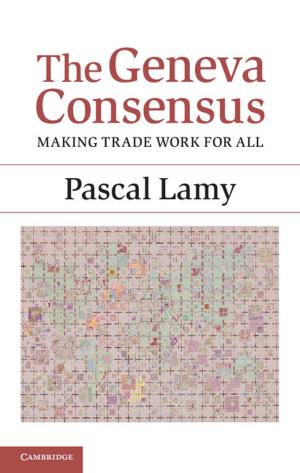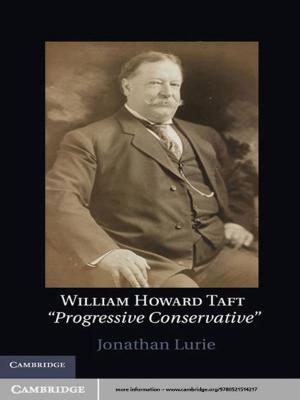Paternalism
Theory and Practice
Nonfiction, Religion & Spirituality, Philosophy, Political, Social & Cultural Studies, Political Science| Author: | ISBN: | 9781107301559 | |
| Publisher: | Cambridge University Press | Publication: | February 14, 2013 |
| Imprint: | Cambridge University Press | Language: | English |
| Author: | |
| ISBN: | 9781107301559 |
| Publisher: | Cambridge University Press |
| Publication: | February 14, 2013 |
| Imprint: | Cambridge University Press |
| Language: | English |
Is it allowable for your government, or anyone else, to influence or coerce you 'for your own sake'? This is a question about paternalism, or interference with a person's liberty or autonomy with the intention of promoting their good or averting harm, which has created considerable controversy at least since John Stuart Mill's On Liberty. Mill famously decried paternalism of any kind, whether carried out by private individuals or the state. In this volume of new essays, leading moral, political and legal philosophers address how to define paternalism, its justification, and the implications for public policy, professional ethics and criminal law. So-called 'libertarian' or non-coercive paternalism receives considerable attention. The discussion addresses the nature of freedom and autonomy and the relation of individuals to law, policy and the state. The volume will interest a wide range of readers in political philosophy, public policy and the philosophy of law.
Is it allowable for your government, or anyone else, to influence or coerce you 'for your own sake'? This is a question about paternalism, or interference with a person's liberty or autonomy with the intention of promoting their good or averting harm, which has created considerable controversy at least since John Stuart Mill's On Liberty. Mill famously decried paternalism of any kind, whether carried out by private individuals or the state. In this volume of new essays, leading moral, political and legal philosophers address how to define paternalism, its justification, and the implications for public policy, professional ethics and criminal law. So-called 'libertarian' or non-coercive paternalism receives considerable attention. The discussion addresses the nature of freedom and autonomy and the relation of individuals to law, policy and the state. The volume will interest a wide range of readers in political philosophy, public policy and the philosophy of law.















